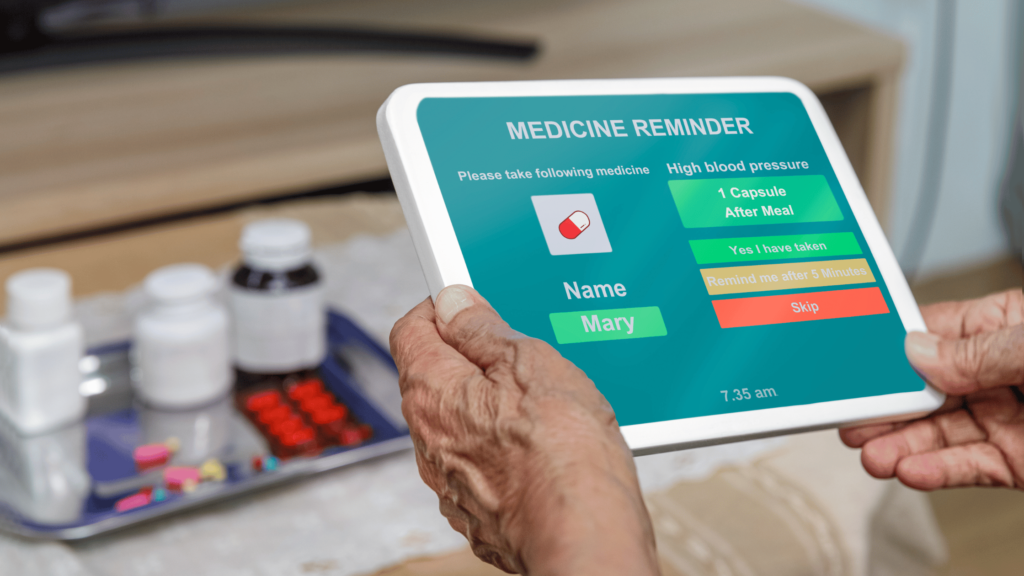Natural remedies and herbal supplements are abundantly available and imply a cure for just about everything. According to the American Academy of Family Physicians, 25% of adults report taking a dietary supplement with their prescription medications. These “all natural” options claim to do everything: help you sleep better, keep you more alert, reduce pain, boost your immune system, and aid in digestion. And most of the time they complement traditional medications prescribed by your physician, but not always.
Read The Label
A common misconception is that since supplements are natural, they are safe. Remember, herbal supplements are also a form of medication and, like any other pill you take they come with warning labels, side effects and contraindications. Some herbal supplements can work against medications prescribed by your doctor. For example, according to HealthInAging.org, Ginkgo biloba, melatonin, St. John’s wort, and omega-3 fatty acids all interact (some positively and some negatively) with blood thinning (anticoagulant) medications.
More Is Not Better
Don’t be lulled into the idea that if some is good, more is better. You would never take more pills than your doctor prescribed. Just like medications, your body is only able to tolerate a certain amount of any herbal supplement or vitamin. Taking too much can cause problems. Too much Vitamin K can cause Liver damage, too much Calcium can cause stomach pain and diarrhea and too much Vitamin A can cause bones to weaken.
Always Tell Your Doctor What You Are Taking
Before taking any supplement, you should talk with your doctor, especially if you are being treated for or taking medication for a chronic condition or disease. In today’s world of specialists, people see multiple doctors. It is a good idea to have a list of all medications, supplements, vitamins and over the counter medications like allergy pills, Tylenol, Advil and aspirin that you take to give to every doctor you see.
The Powerful Pharmacist
Pharmacists spend years studying and learning about medications, interactions and side effects. It is a good idea to provide your Pharmacist with the same list of medications, supplements and OTC medications that you give your doctor. And most pharmacists are happy to review this list and make you aware of any interactions.
Conclusion
It is important to remember that all natural does not always mean safe, especially if you are taking prescription drugs. Be sure to let your doctor and your pharmacist know what you are taking.
Resources
- National Center for Complementary and Integrative Health has an “Herbs at a Glance” fact sheet for the most common herbal supplements.
- Food and Drug Administration: FDA 101: Dietary Supplements






